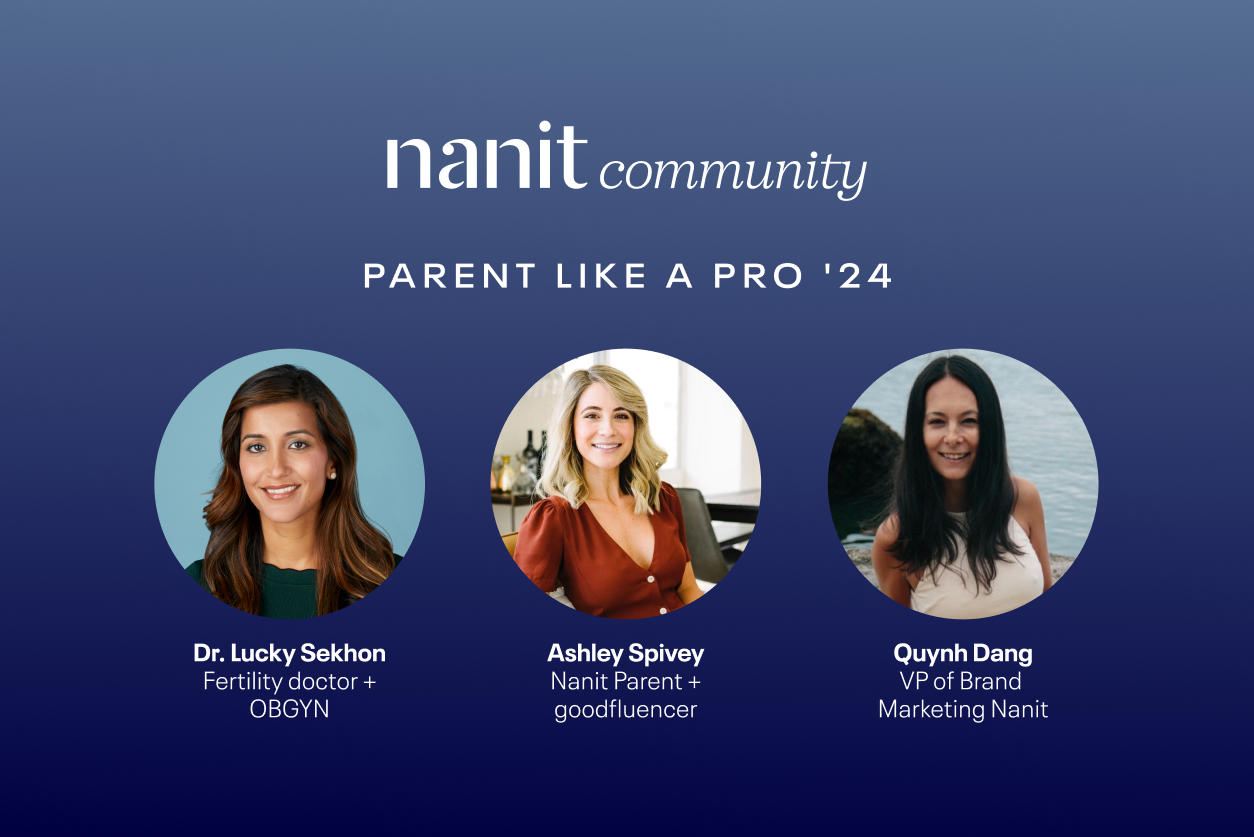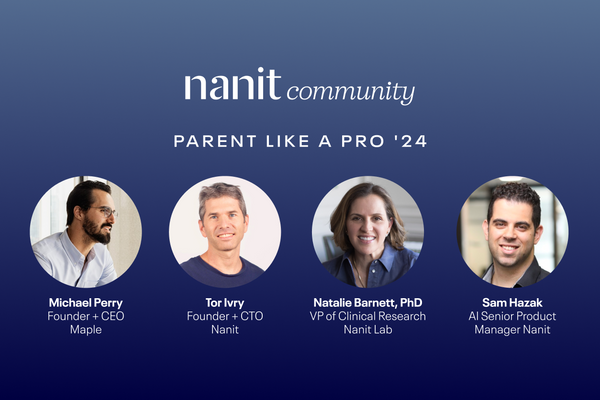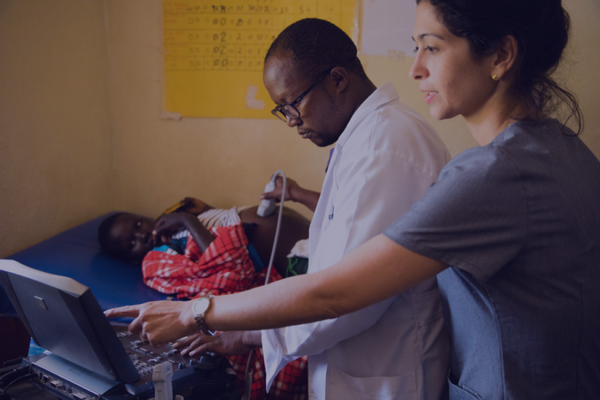Parenthood is an incredible journey, but it’s also really overwhelming. For new parents, especially, navigating the endless stream of conflicting advice, coupled with sleepless nights, and constant firsts - it often feels like every time we think we’ve got “it,” it totally changes.
That’s why Nanit is thrilled to bring you our Parent Like a Pro Summit, where Nanit’s experts and ambassadors come together for curated conversations about sleep, parenting, and more. Think of it like that expert best friend in your ear who’s got the answers to your most profound questions before you even know what to ask.
Catch OB/GYN and fertility specialist Dr. Lucky Sekhon, Nanit Parent and goodfluencer Ashley Spivey, and Nanit's own Quynh Dang for an open discussion about fertility and trying to conceive. Topics include ovulation and cycles, common misconceptions about fertility, the IVF process, mental health + relationships, and more! Knowledge is power.
Here are the key takeaways.
On Mental Health While Trying to Conceive
“Getting professional help early on is always helpful. It might feel like just another thing on top of all the other appointments, but I've never had a couple turn around and say they regret doing it.” - Dr. Lucky
On the “Magic Window” of Conception
“There's a lot that has to line up perfectly, and the window of opportunity lasts only for 2-3 days. A lot of people don't know about that, but it's shocking! Getting pregnant is highly inefficient. Fertility is a time sensitive thing. Even when we try to force it, it doesn't always work. It can just take a lot of ovulations for that one lucky egg.” - Dr. Lucky
On Ashley Spivey’s Pregnancy Journey
“I got pregnant quickly after I removed my IUD, but then I had a miscarriage, then a failed IUI, then Covid-19. I got pregnant unassisted but then he passed away. Dr. Lucky reached out and said that when I’m ready, we'll talk about what my next steps can be. Starting IVF around that time was a way to feel like I was doing something, while also giving myself time to rest and recover physically and mentally.” - Ashley
On IVF’s Effects on Mental and Physical Health
“IVF is a mental health issue and every pregnancy has a bit or a lot of PTSD. It’s very different for different people, but the vast majority of patients would do it again. It's a very low risk short lived procedure.” - Dr. Lucky
On the Logistics Around IVF
“In some ways, it was preparing me for parenthood because of the scheduling and the need to be on top of everything. It really marked a shift in how I was prioritizing things. In some ways, it was already the beginning of my new life.”- Quynh
On Secondary Infertility
“It’s a really common and lonely problem. People don't provide as much support for secondary infertility. It's very painful to not feel as embraced by the TTC/fertility community because"at least you have what you have." - Dr. Lucky
On Deciding Between IUI and IVF
There are who major fertility treatment buckets, each with different pros and cons and subdivisions:
- IUI (Intrauterine Insemination): Medication to help you ovulate more regularly or ovulate a few extra eggs, plus insemination (wash, concentrate, inject sperm at the top of the uterus so it has less distance to travel). Go into it mentally prepared that this may be tried for 2,3,4 rounds, and it increases your chances a few percentage points, but it has diminishing returns after six attempts. It’s more laid back, lower tech, but can weigh on people mentally because it's the same thing over and over.
- IVF (In Vitro Fertilization (IVF)): It’s lots more shots, followed by egg retrieval procedure (day off + recovery day), then the waiting game. You'll have multiple eggs, so despite all the drop off that normally goes on, you’ll typically still end up with multiple embryos. From there, we test embryos and select the best one to transfer. It’s generally more successful than IUI, and you can freeze the additional embryos. You can also revert back to IUI after IVF.
On fertility care and considerations
“There are a lot of OBGYNs doing a great job, but there is a lot of variability. In a similar way that we made a huge push towards oncologists to talk about fertility, it should become a standard of care with general OBGYNs to include it as part of the conversation, because it's so time sensitive. It’s really crucial information.” - Dr. Lucky







































